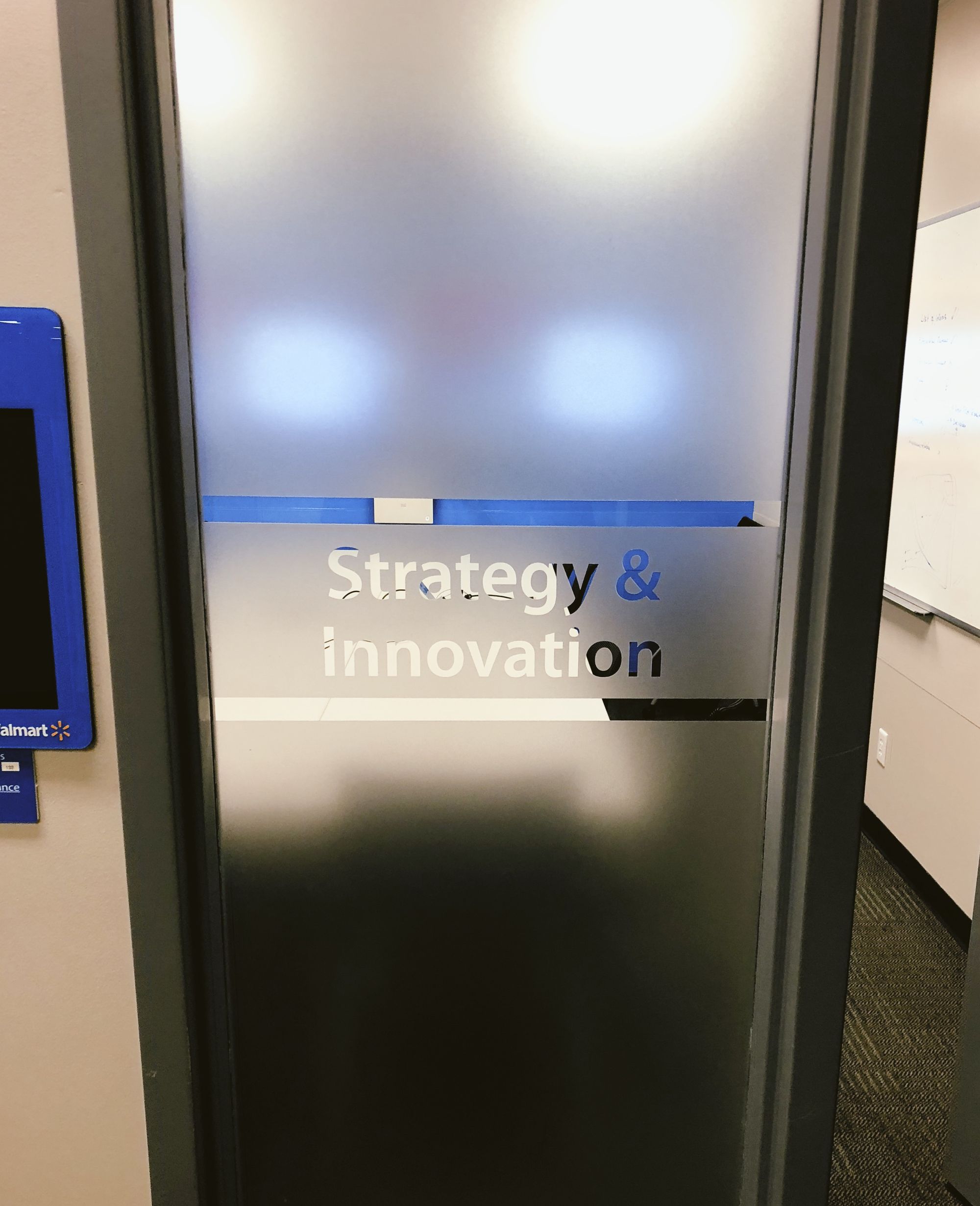What My ex-Boss at Walmart Strategy Taught Me about Work-Life Balance
First thing you should acknowledge is that there is no perfect balance in work and life.

When I was at Walmart, I had a great boss who told me about what he thinks of the so-called 'work-life balance.' There are many ways to think about 'work-life balance,' but I really liked what he had to say when I first joined Walmart. (I now run a startup called Pixelic) His thoughts gave me much comfort and set a good expectation working at Walmart Strategy. His perspectives, rather simple, gave me a good idea on how to design culture within a team that produces good work and good life:

"First thing you should acknowledge is that there is no perfect balance between work and life. You should start by accepting the fact that work can get ahead of your life and life can get ahead of your work. And there's nothing wrong with that.
A good way to think about this is picturing two vases labeled "work" and "life," each filled with water. Then acknowledge you don't have to spend them all in equal amounts. No one will force you to work exactly 40, 50 hours per week. There is no need even to keep track of it. When you are free from this no-need pressure, you become much more fluid about how you think of managing both work and life.
Sometimes, you'll want to take some water out of the "work" vase and pour into the "life" vase to be with your significant other or your family. And when it's time to put extra effort into the project you're working on here, you take some water out of the "life" vase and pour into the "work" vase. Time is very limited, and ultimately you are to decide on how to use them. And we [Walmart] hired you to make those choices.
And our culture should be fluid enough to embrace that. You can make your own choices on how you want to prioritize things and balance work and life. At Walmart, you are free to make this choice.
Work should be exciting and somewhat fun, and life outside of work should make you happy. This is almost obvious.
But if work makes you feel pressured to put more time in, you almost feel obligated to spend Saturdays with your kids and have a "family dinner." (he went onto say he's never seen a genuine family-person calling such event 'family dinner'). Similarly, if you have lots going on around your life, you would feel guilty about not putting enough hours in that week.
This is no good for both your work and life. You are pressured to put the time in. Therefore, no matter how hard you try, it ain't real! A good workplace should give you no pressure on this. Empowering employees to choose at their own will provide the right motivation to be "present" in both at work and life."

During my time at Walmart, I was always free to choose when to work and where to work. I always had the freedom to take work home and work remotely. I showed up on my own time and left whenever I wanted to. No one questioned me for being a few hours away from the office (being at a coffee shop, working from there). I always had the freedom to meet with a friend for a coffee during work hours. Our team didn't even have a defined policy around vacations. This is how much Walmart trusted its employees! But more importantly, Walmart had a culture of accountability. Everyone was responsible for their choices. So I strived to allocate a good amount of personal hours so I could focus on my work when I'm in work-mode. I finished the tasks on time and in full (OTIF; it's a Walmart-thing ;)). No matter how strenuous, I managed to deliver. Because my boss trusted me with my time and my choices, I was able to deliver good work but also take care of my personal life as well.
A good work culture surely isn't mountain loads of work and long and late hours, but it's also not less work, ping pong tables, and more vacations. Good work culture is where work is actually interesting and fun. You can tell if a company has an excellent working culture when you see employees making their own decisions on how they want to spend their time.



